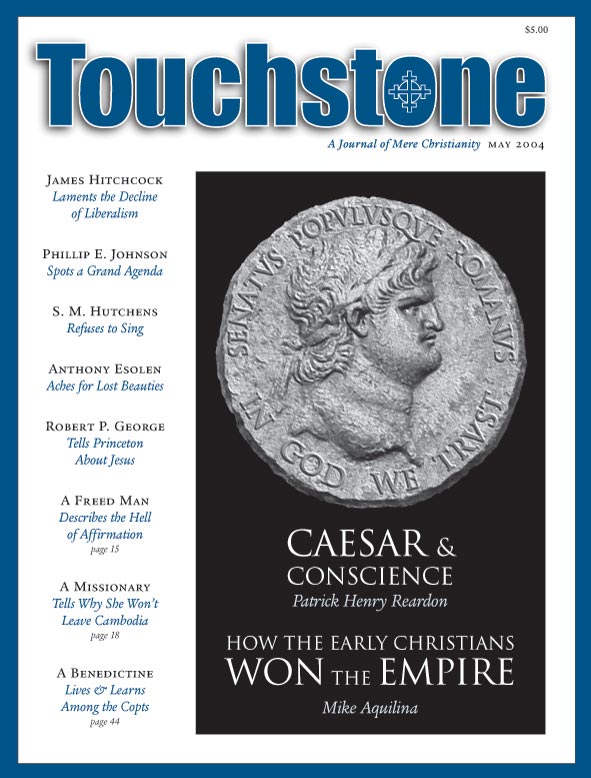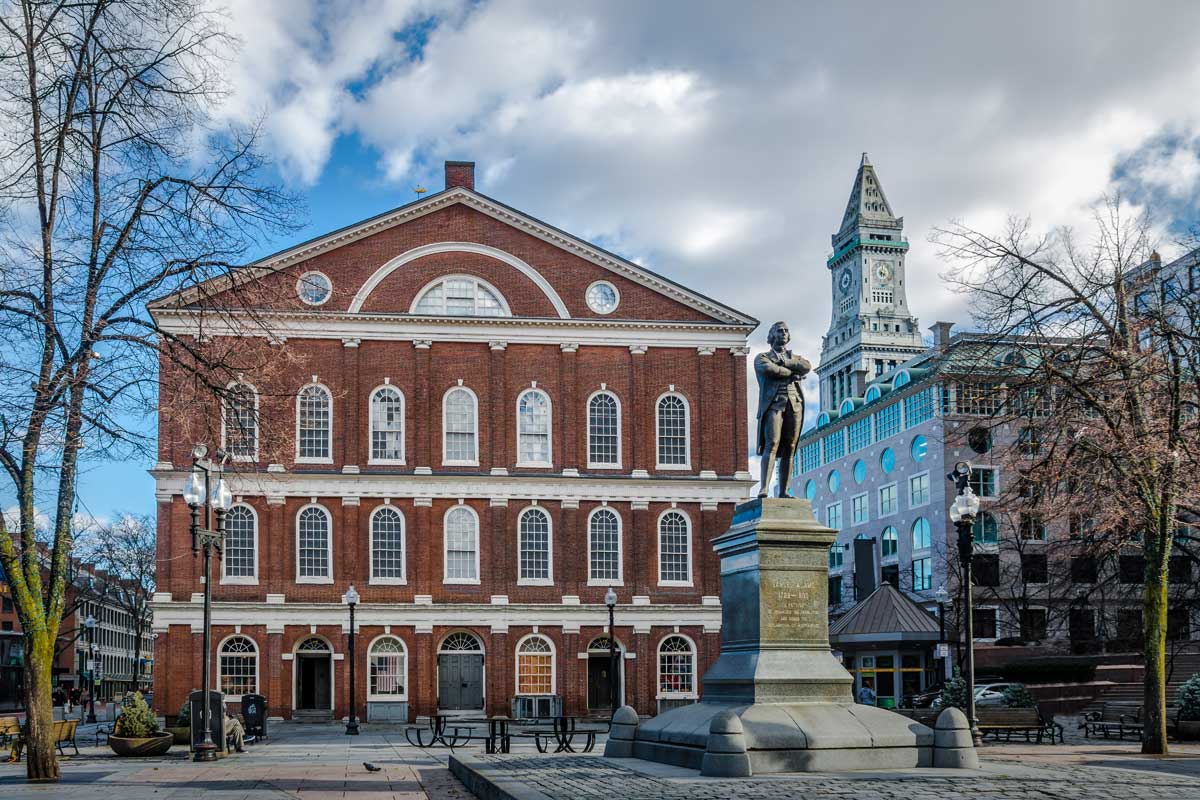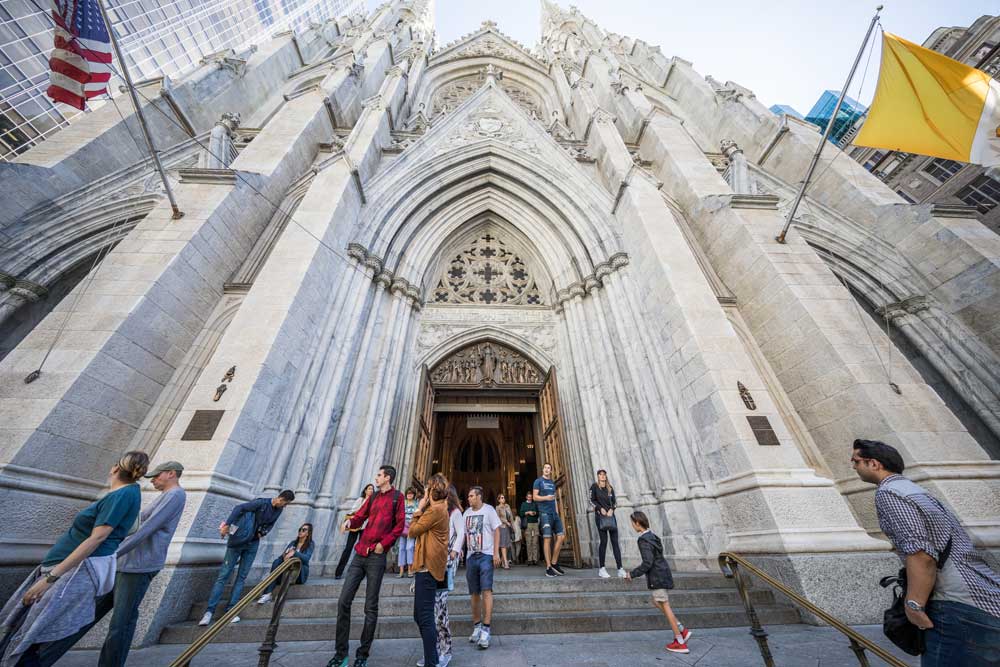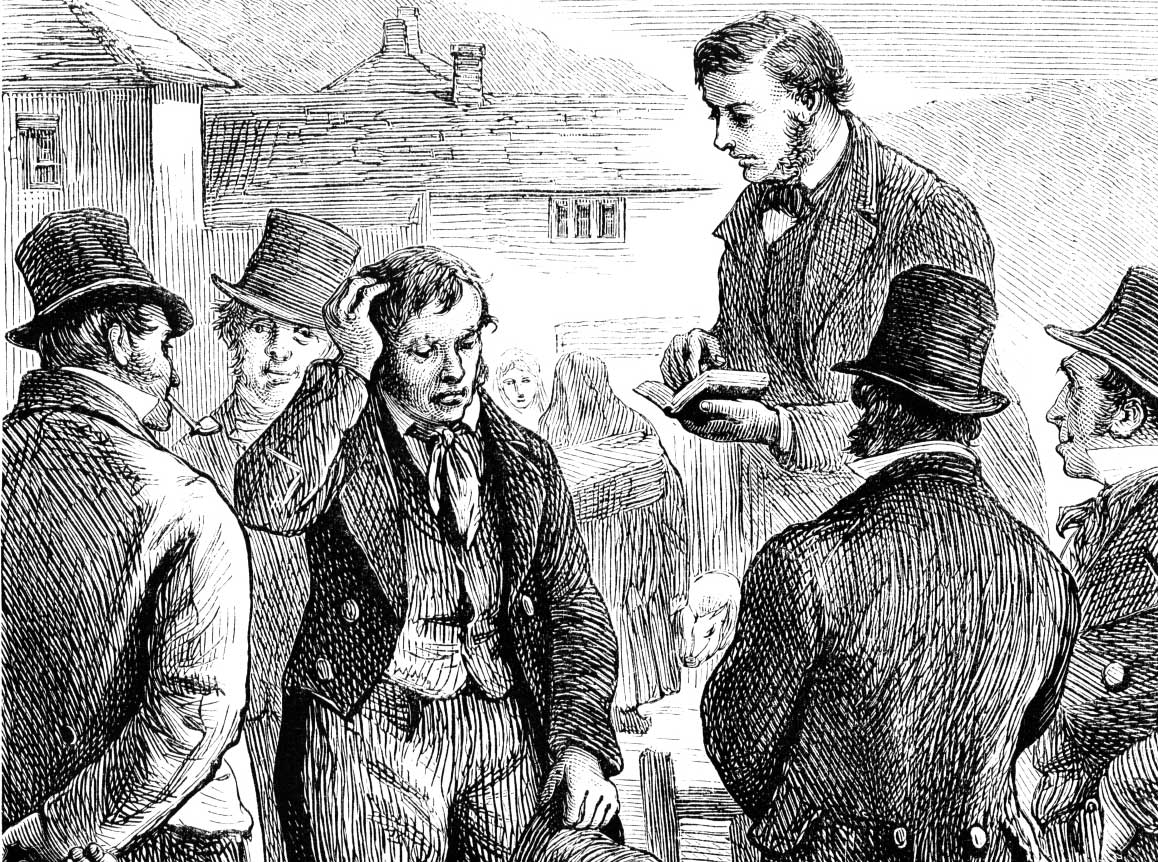Feature
Supremely Modern Liberals
The Unhappy & Abusive Marriage of Liberalism & Modernism
American politics is now as acrimonious as it has perhaps ever been. This may be puzzling to some as there are seemingly no longer any deep divisions within the polity. Most Americans, after all, are internationalists and free marketers of some kind, who disagree only within those parameters.
But there are deep and growing divisions. What is being played out now, acrimoniously, are the final implications of the agenda of the modernist movement, and of the liberalism it transformed in the 1960s, the final working out of ideas that were present from the beginning in the late 1700s but for a long time remained only half-recognized. This movement has made every political disagreement a dispute over fundamental beliefs, and indeed over the nature of reality: matters over which people will fight with particular ferocity.
Modernism in this sense is not the historical reality of modernization. It is an almost religious commitment to radical change, a fevered sense of the past as oppressive, a determination to move ruthlessly into the future no matter what the cost, an urge to shock traditional sensibilities. (Like all movements, I should note, modernism can be defined in a variety of ways, and not all self-conscious modernists espouse its entire agenda.)
It is inherently nihilistic, at its core nothing less than the systematic negation of every established belief and institution, the denial that any ultimate truth underlies culture, the often demonic conviction that destruction is the necessary preliminary to creation. It has touched deep and sinister springs in the human psyche: the love of negation and annihilation for their own sakes. Gratuitous, anarchical terrorism is in a sense modernism’s ultimate expression.
A Maniacal Urge
Modernism began with the French Revolution, whose maniacal urge to destroy the past even went to the point of abolishing the calendar and attempting to begin history entirely anew. Artists now became conscious of themselves as an “avant-garde” (previously a military term) and defined creativity as requiring a radical break with the art of the past. The new “bohemian” social type carried this ideal into society, defining free and authentic human existence as necessarily at odds with accepted beliefs and behavior. With Ludwig Feuerbach and Karl Marx, atheism for the first time became intellectually respectable, even as “theologians” like Bruno Bauer and David Strauss reinterpreted Christianity so as to require an outright denial of what Christians had believed for 1,800 years.
As Friedrich Nietzsche foresaw, the desire to destroy the past and begin history anew would require, as modernism’s final stage, the “transvaluation of values,” in which everything once thought to be virtuous—piety, family loyalty, personal uprightness, patriotism, self-reliance—would be turned into vices. Throughout history, human values have primarily been centered in family, religion, and country, and those institutions had to be destroyed if a “new humanity” were to be created.
Thus modernism extols every kind of sexual “liberation,” which nullifies the family; a skeptical, “value free,” and “scientific” spirit, which nullifies religion; and universalism, which nullifies loyalty to one’s country. Thus, it portrays the family as the source of pathology and abuse, and condemns both religion and patriotism as either hypocritical or dangerously fanatical. The ideal modernist is a militant religious skeptic who renounces both family ties and loyalty to country and submits instead to an abstract ideal of modernism’s new world.
Modernism sometimes proceeds by frontal attacks on traditional beliefs and institutions, but it can also achieve its goals by appearing to respect them while radically redefining them. Thus, “marriage” can be dissolved at will and can be undertaken by homosexuals; “God” becomes an emanation from the self, and “Scripture” is understood as recording man’s religious aspirations; and “true patriots” condemn their own country as a force for evil in the world. Traditional beliefs and institutions do not have to be annihilated; it is sufficient to drain them of their ancient meanings and fill them with others—particularly if they are reduced to the realm of the subjective and therefore private, of “values” that cannot be “imposed” on others.
At various stages of its development, modernism appeared to create new systems of meaning to supersede the old, but its internal dynamic required that in time the new consensus also be rejected, as merely a new kind of tyranny. Insofar as modernists profess stable values, those values originate outside modernism itself, which of its very nature cannot affirm anything permanent.
James Hitchcock is Professor emeritus of History at St. Louis University in St. Louis. He and his late wife Helen have four daughters. His most recent book is the two-volume work, The Supreme Court and Religion in American Life (Princeton University Press, 2004). He is a senior editor of Touchstone.
subscription options
Order
Print/Online Subscription

Get six issues (one year) of Touchstone PLUS full online access including pdf downloads for only $39.95. That's only $3.34 per month!
Order
Online Only
Subscription

Get a one-year full-access subscription to the Touchstone online archives for only $19.95. That's only $1.66 per month!
bulk subscriptions
Order Touchstone subscriptions in bulk and save $10 per sub! Each subscription includes 6 issues of Touchstone plus full online access to touchstonemag.com—including archives, videos, and pdf downloads of recent issues for only $29.95 each! Great for churches or study groups.
Transactions will be processed on a secure server.
more on liberalism from the online archives
more from the online archives
calling all readers
Please Donate
"There are magazines worth reading but few worth saving . . . Touchstone is just such a magazine."
—Alice von Hildebrand
"Here we do not concede one square millimeter of territory to falsehood, folly, contemporary sentimentality, or fashion. We speak the truth, and let God be our judge. . . . Touchstone is the one committedly Christian conservative journal."
—Anthony Esolen, Touchstone senior editor












